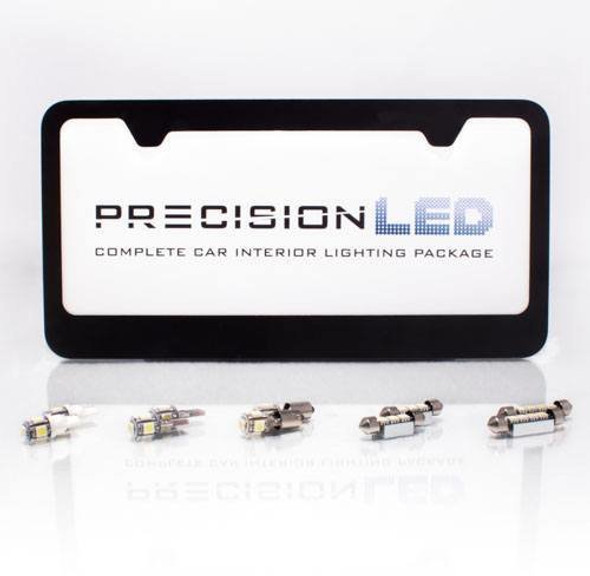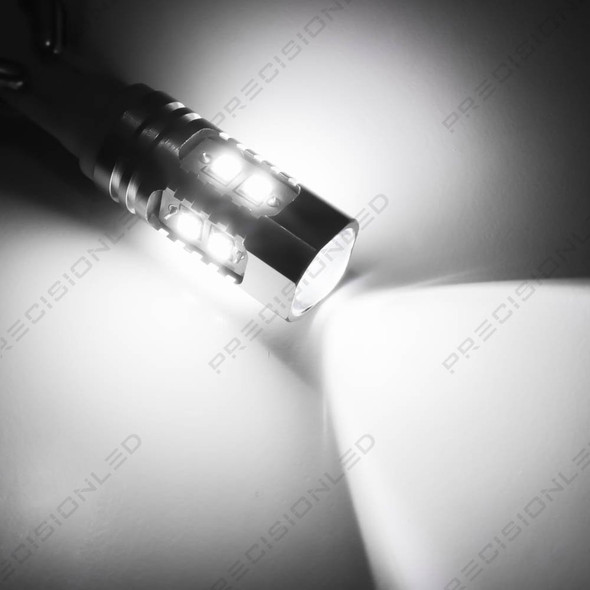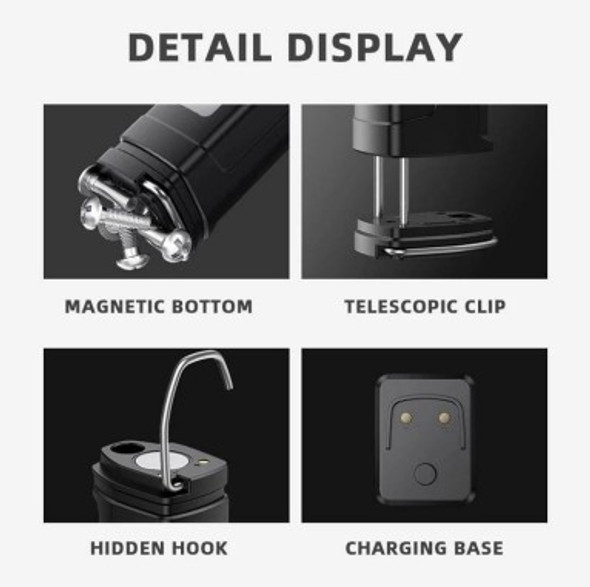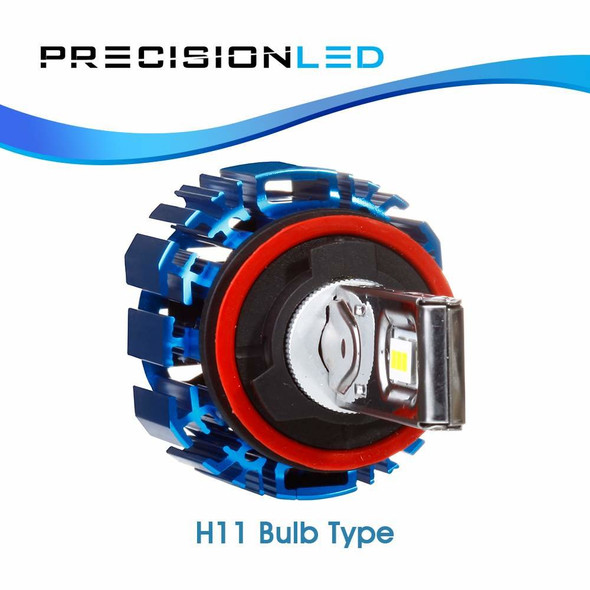Description
Nothing on the market beats our Kepler Series LED Headlights for safe driving on dark mountain roads or distraction-filled suburban streets. Our compact LED headlights exceed the performance of normal headlights, helping you see the road with ease.
2005 - 2009 Chevrolet Uplander Premium Kepler Series LED Headlights Package Includes:
-
1 Pair of Kepler H11 LED Headlights
-
2 Mounting Pads
-
2 Zip Ties
-
Installation Guide
Curious about our Premium Quantum vs. Standard Kepler Headlight Kits? Checkout this video for product comparison :
Make a statement every time you drive at night by upgrading your factory headlights with a plug n play Kepler Series H11 LED headlight replacement kit for your 2005 - 2009 Chevrolet Uplander Premium by PrecisionLED. These headlights combine to cast a vivid, shoulder-to-shoulder array that reveals everything ahead of you without distracting oncoming drivers.
Why Buy PrecisionLED Headlights?
- Premium look. LED lighting is noticeably different from standard lighting, giving your vehicle a premium look. You’ll get brighter, crisper lighting that makes driving at night safer and easier.
- Top-of-the-line. LED headlight packages from PrecisionLED offer top-of-the-line performance and life expectancy
- Superior Heat Dissipation. Our headlights use milled aluminum heat radiators with internally powered fans that dissipate heat quickly and evenly.
- Easy to install. All of our LED headlight packages are easy to install with plug-n-play connectors. In fact, we have step-by-step instruction videos showing precisely how to install lights on popular models
- Note: LED Headlights are compatible with all Low Beam, High Beam, Fog Light and Daytime Running Light (DRL) applications.
2005 - 2009 Chevrolet Uplander Premium Kepler Series LED Headlights Package Includes:
- 1 Pair of Kepler H11 LED Headlights
- Mounting Pads
- 2 Zip Ties
- Installation Guide
How Do We Test And Measure Our Products?
We are glad you asked! At PrecisionLED we spend a significant amount of time testing, measuring, and comparing the performance of our LED headlights with others to ensure we offer the highest quality product to our customers.
Measurement
Oftentimes, marketers will list the total lumen(lm) output of an LED bulb with ever increasing numbers. 10,000 Lumens! 20,000 Lumens! This measurement is deceiving! While Lumens measures the total light generated by a bulb, Lux(lx) measures how much useable light reaches its intended destination. A poorly designed high lumen output bulb will not reflect light optimally out of a headlight housing, and will result in low lux output. Let’s observe how Lux is measured in our lab:

Pictured above is a replica of the SAE J575 Headlight Beam Pattern Standard used for measurement by all OEM Manufacturers of automotive headlights. In total there are 15 unique points where light output is measured.
- 1 to 3 – Measures High Beam light output: When measuring low beam light output, points 1 through 3 should be as close to 0 as possible, representing the amount of glare the oncoming driver might see
- 4 to 5 – Measures driver side cutoff: There should be a steep drop off in light output from points 8,10, to points 4,5, indicating strong cutoff and low glare to oncoming drivers
- 6 to 9 – Measures Center Light Output: This is typically the brightest concentration of light. Uniform light output means each point will be similar without too much variation
- 10,12,14 – Measures light output left of center: Strong performance left of center means the bulb reflects light in a uniform pattern
- 11,13,15 – Measures light output right of center: Strong performance right of center means the bulb reflects light in a uniform pattern.
Equipment And Metrics - Measure ALL THE THINGS!
We test and measure everything! Lux, temperature, voltage, wattage, amperage. It’s all important when evaluating the overall performance and quality of an LED.
To measure Lux output, we take readings with a LED Lux Meter at a standard distance of 12 feet. This is done at every single point (1 through 15) on the SAE J575 testing diagram.
To verify energy consumption, we record output voltage, amperage, and total watts. Too often we find that a 35W, or 50W LED exceeds its rated power consumption, meaning the bulb is using too much power, overdriving the LED at higher temperature leading to premature light degradation or end of life.
 |
 |
Temperature - It’s getting hot, are we there yet?
Almost. Temperature is also a major factor in LED performance and life span. LEDs do not like heat and typically the brighter the LED, the more heat it creates, potentially shortening the life span of the LED bulb. After 10 minutes of sustained output, we measure both the temperature of the LED Chip, and the hottest point on the heatsink. Halogen bulbs…. are very hot. The lower the temperature, the more efficient the light source is.
| Product | Distance | Volts | Amps | Watts | Dissipation | Time | Housing Temp | Bulb Temp |
| Halogen | 12ft | 14.5 | 4.45 | 64.52 | Ambient | 600(s) | 191 F | 560F |
| Kepler Series 1 | 12ft | 14 | 2.72 | 39.16 | Fan | 600(s) | 119 F | 114 F |
Charts - OK Show Me Some Pictures Already!
When comparing the light output in Lux of a typical Halogen bulb and our Kepler Series LED bulb, there is no question what is better. The center of the beam (6, 7, 8, 9) on average double in lux output, and more impressively, left and right sides triple in lux output.

Let’s look at some comparison photos. For those that are visual skeptics, all photos were taken in the same light conditions with the same exact settings.
Canon T4i + 16-35mm IS L Lens at 30mm, ISO100, F-Stop 2.0 and 1/2000 exposure time

Installation
Need help with your installation? Check out our Database of How To Instructional Videos as well as Documentation on various vehicle makes and models.



















